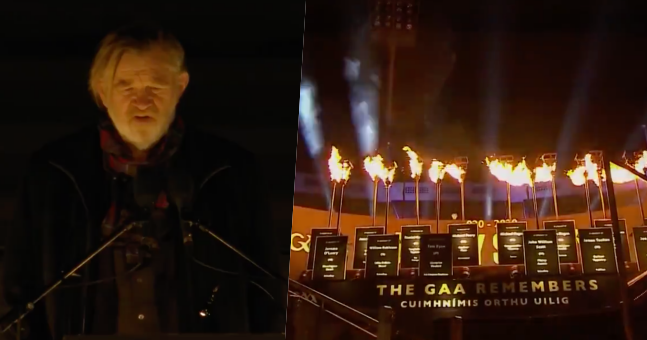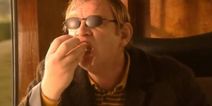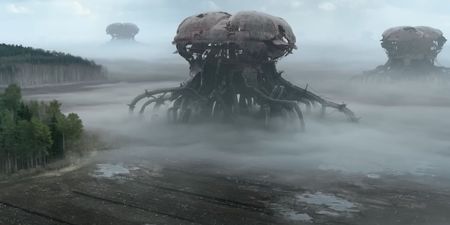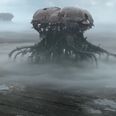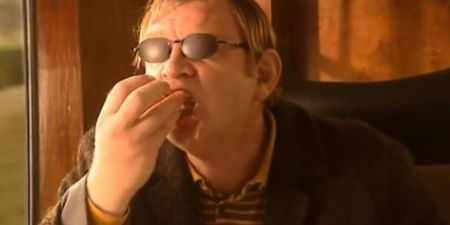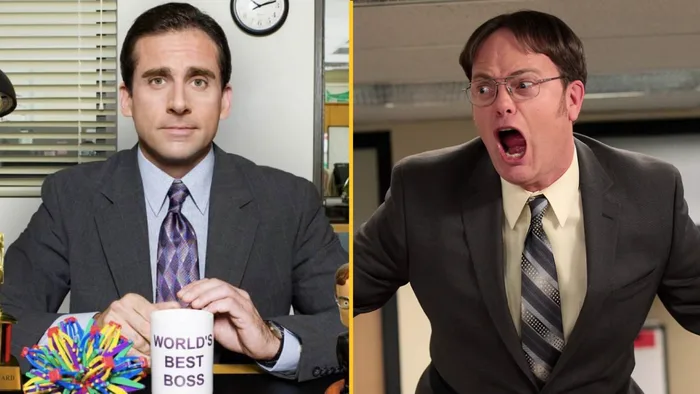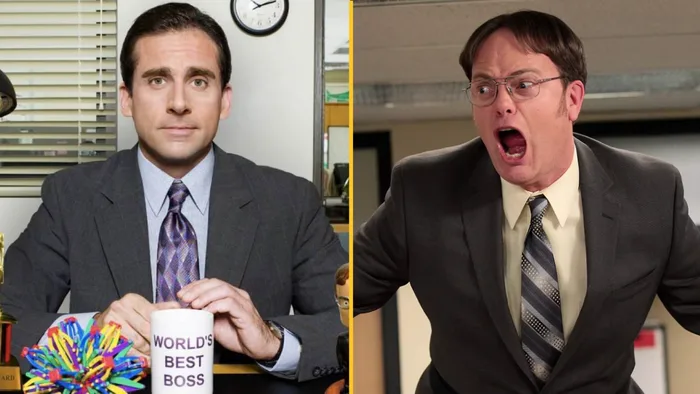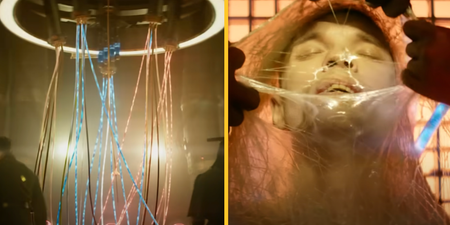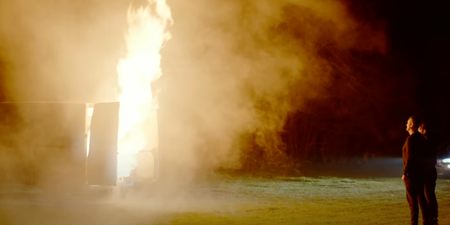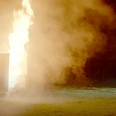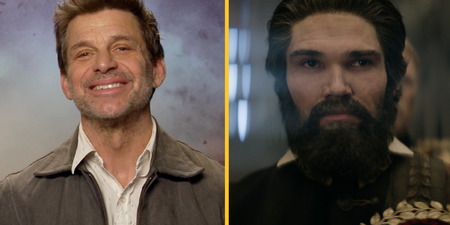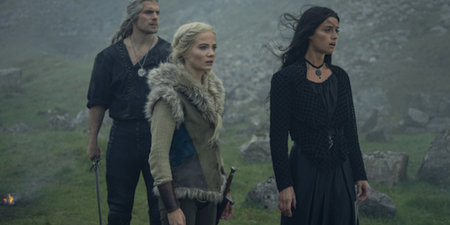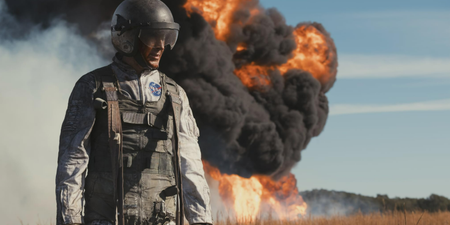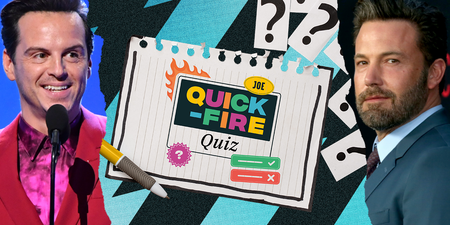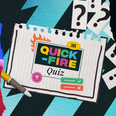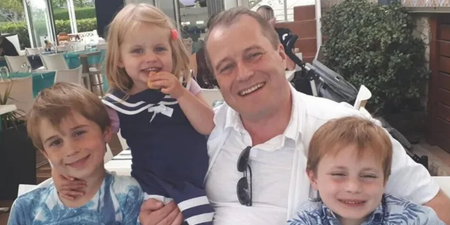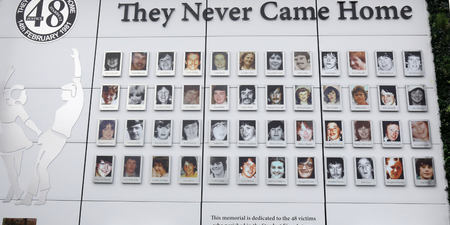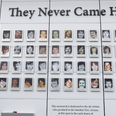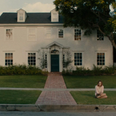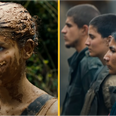Remembering the 14 innocent people killed on Bloody Sunday.
It’s fitting that Tipperary are Munster football champions, 100 years after their players and fans fell victim to British armed forces at Croke Park in the Bloody Sunday massacre.
On Saturday night, Brendan Gleeson recalled the fourteen people who lost their lives in the attack as he delivered a ten-minute speech that described the circumstances when British armed forces entered the field during a game between Tipperary and Dublin and opened fire on the players and fans.
Amongst the dead in Croke Park were three schoolboys and a bride-to-be.
Earlier in the day in Dublin, the IRA had killed 14 people and wounded others in a series of coordinated attacks on men in their beds believed to be British spies.
In a haunting commemorative speech at an empty Croke Park, Gleeson recalled the story of one of the dead – 24-year-old Tipperary footballer, Michael Hogan, after whom the Hogan Stand in Croke Park is named.
“Michael Hogan from Grangemockler, County Tipperary, was thinking only of Frank Burke. The dancing, dazzling Dublin forward he was sentenced to mark.
“He asked fellow defender, Bill Ryan, to swap, but he couldn’t. Bill had lost his boots in a fight with some soliders on the train up from Tipperary the previous day. And these new ones were loose.
“Michael Hogan returned to his bag and found a lace for Bill to tighten his boots. This simple act of kindness from one teammate to another, and a memory Bill would cherish for the rest of his life. By 3.25pm, Michael Hogan was on the ground beside Frank Burke, bullets were sparking of the walls of Croke Park. The pitch was being shredded by gunshots. Police were pouring into the ground. People were falling all around them, shot trampled, crushed.
“In 90 seconds, 14 people lay dead and mortally wounded on the field and banks of Croke Park and on the streets outside.
“Tonight, 100 years on, we pause to remember them all: the 14 who went to a match, and never came home.”
'In 90 seconds, 14 people lay dead and mortally wounded on the field and banks of Croke Park and on the streets outside. Tonight, 100 years on, we pause to remember them all: the 14 who went to a match, and never came home.'#B100dySunday pic.twitter.com/pjmQpt8EWc
— The GAA (@officialgaa) November 21, 2020
LISTEN: You Must Be Jokin’ with Aideen McQueen – Faith healers, Coolock craic and Gigging as Gaeilge
